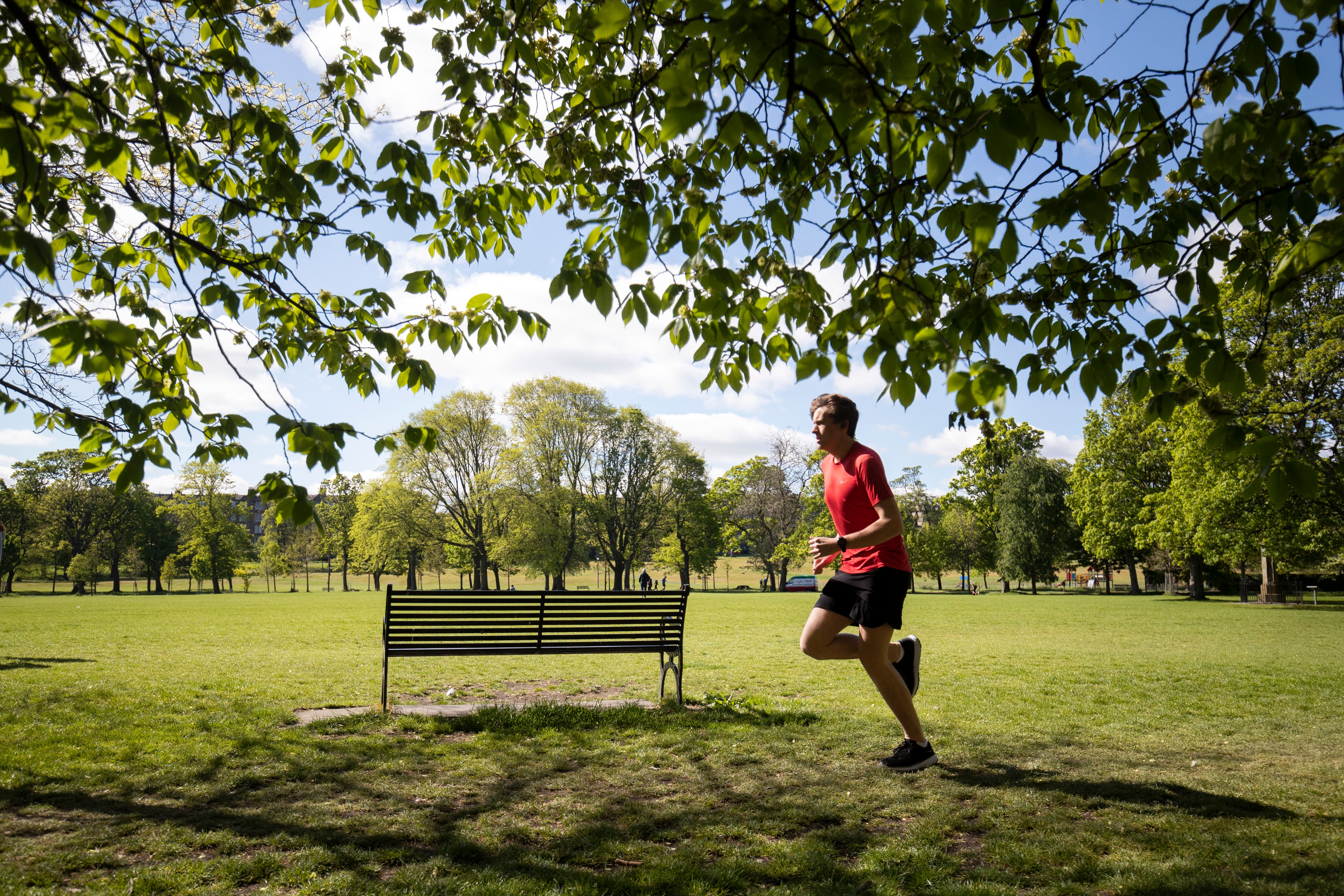Exercise in the afternoon or evening ‘may be better for blood sugar control’
Insulin resistance is when cells in the muscles, fat and liver struggle to respond to insulin and cannot easily take up glucose from the blood.

Your support helps us to tell the story
From reproductive rights to climate change to Big Tech, The Independent is on the ground when the story is developing. Whether it's investigating the financials of Elon Musk's pro-Trump PAC or producing our latest documentary, 'The A Word', which shines a light on the American women fighting for reproductive rights, we know how important it is to parse out the facts from the messaging.
At such a critical moment in US history, we need reporters on the ground. Your donation allows us to keep sending journalists to speak to both sides of the story.
The Independent is trusted by Americans across the entire political spectrum. And unlike many other quality news outlets, we choose not to lock Americans out of our reporting and analysis with paywalls. We believe quality journalism should be available to everyone, paid for by those who can afford it.
Your support makes all the difference.Exercising in the afternoon or evening may be better for blood sugar control than spreading activity throughout the day, research suggests.
A new study published in the journal Diabetologia found that exercising between noon and midnight could cut insulin resistance by up to a quarter.
Insulin resistance is when cells in the muscles, fat and liver struggle to respond to insulin and cannot easily take up glucose from the blood.
This results in the pancreas making more insulin to help the glucose enter cells.
Blood glucose stays in the healthy range as long as the pancreas can make enough insulin to overcome the cells’ weak response, but sometimes the glucose levels rise too high and sugar stays in the bloodstream.
This can lead to pre-diabetes (the stage before diabetes is diagnosed) or diabetes.
The new study was carried out by Dr Jeroen van der Velde and colleagues at Leiden University Medical Centre in the Netherlands.
Previous studies have demonstrated that exercise is linked to better sensitivity to insulin, thereby cutting the risk of developing diabetes.
The team used data from the Netherlands Epidemiology of Obesity (NEO) study, which included men and women aged 45 and 65 years with a BMI of 27 or more (putting them in the overweight or obese category).
A separate group of people were used as a control group, meaning the overall study included 6,671 people.
Those taking part underwent a physical examination during which blood samples were taken to measure blood glucose and insulin levels when people were fasting and after eating.
People were also asked about their lifestyles and some were randomly selected to have their liver fat content measured using MRI scans.
A random group of 955 people were also given a combined accelerometer and heart rate monitor to wear for four consecutive days and nights to monitor movement and activity levels.
Further studies should assess whether timing of physical activity is indeed important for the occurrence of type 2 diabetes
Some 775 people with complete data were included in an analysis.
The results showed that spending time on moderate to vigorous physical activity reduced liver fat content and also reduced insulin resistance.
Doing exercise in the afternoon or evening was linked to reduced insulin resistance, by 18% and 25% respectively, compared to an even distribution of activity throughout the day.
There was no significant difference in insulin resistance between morning activity and activity spread evenly over the day, the study found.
The researchers concluded: “These results suggest that timing of physical activity throughout the day is relevant for the beneficial effects of physical activity on inulin sensitivity.
“Further studies should assess whether timing of physical activity is indeed important for the occurrence of type 2 diabetes.”